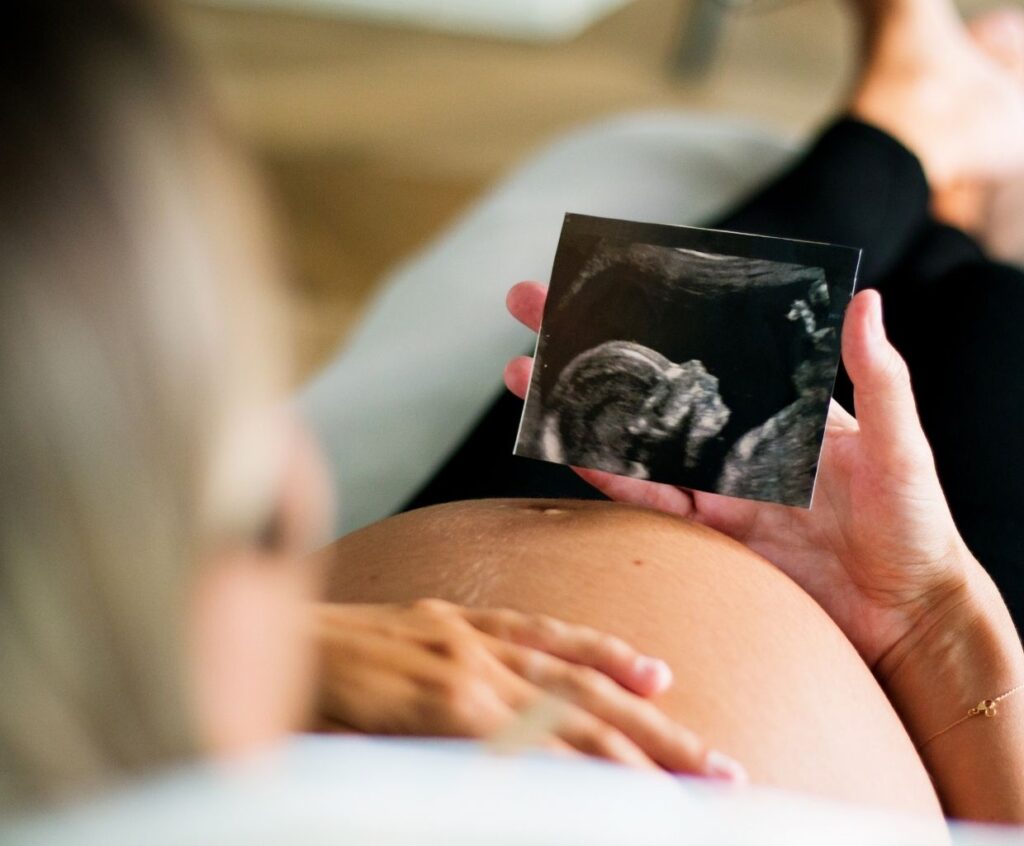The Challenges and Triumphs of the Third Trimester
Pregnancy is a beautiful journey filled with joy, excitement, and anticipation. However, as any expectant mother knows, it also comes with its fair share of challenges. The third trimester, in particular, is often considered the most challenging phase of pregnancy.
During this time, a woman’s body undergoes significant physical and emotional changes, and she must navigate through various obstacles to reach the ultimate triumph of bringing new life into the world.
The Physical Challenges
As the baby grows and develops, the third trimester brings about a whole new set of physical challenges. The most noticeable of these is the weight gain, which can strain the mother’s back, hips, and joints. Simple tasks such as walking, standing, or sleeping can become uncomfortable and exhausting.
Additionally, the baby’s movements become more pronounced, leading to increased pressure on the bladder, making frequent bathroom trips a constant necessity.
Dealing with Discomfort
While the physical discomfort can be overwhelming, there are ways to alleviate some of the challenges. Regular exercise, such as prenatal yoga or swimming, can help strengthen the body and reduce aches and pains.
Wearing supportive maternity clothing and proper footwear can also provide relief. Listening to your body and resting when needed is essential, as pushing yourself too hard can lead to more discomfort.
The Emotional Rollercoaster
Alongside the physical challenges, the third trimester can also be an emotional rollercoaster. Hormonal changes, combined with anxiety about the impending birth and the responsibility of becoming a parent, can lead to mood swings, increased stress, and even bouts of depression.
Expectant mothers must seek support from their loved ones, healthcare professionals, or support groups to navigate these emotional challenges successfully.
Maintaining Mental Well-being
Practicing self-care and prioritizing mental well-being is essential during this phase. Engaging in activities that bring joy and relaxation, such as meditation, gentle exercises, or spending quality time with loved ones, can help alleviate stress and anxiety.
It is also essential to communicate openly with your partner, express your fears and concerns, and seek comfort and reassurance.
The Triumph of New Life
Despite the challenges faced during the third trimester, it is essential to remember the ultimate triumph that awaits at the end of this journey – the arrival of your precious little one. The discomfort, the mood swings, and the physical limitations all pale in comparison to the overwhelming joy and love that fills a mother’s heart the moment she holds her newborn in her arms.
The third trimester may be challenging, but the reward is immeasurable.
Preparing for the Arrival
As the due date draws near, it is crucial to prepare for your baby’s arrival. Setting up the nursery, packing your hospital bag, and attending prenatal classes can help ease any anxiety and make the transition smoother. Contact other experienced parents for advice and support, as their wisdom can be invaluable.
What potential complications can arise during the third trimester, and how can they be addressed or prevented?
Potential complications can arise during the third trimester of pregnancy that require attention and care. Some of the possible complications include:
1. Gestational diabetes: This condition can lead to high blood sugar levels in the mother, which may increase the risk of complications during delivery. It can be addressed by following a specialized diet, monitoring blood sugar levels, and, sometimes, taking medication.
2. Pre-eclampsia: This condition is characterized by high blood pressure and damage to organs such as the liver and kidneys. Regular prenatal check-ups can help detect pre-eclampsia early and managing blood pressure and other symptoms can prevent further complications. In severe cases, early delivery may be necessary.
3. Placenta previa occurs when the placenta partially or completely covers the cervix, which can cause bleeding. Depending on the severity and timing, the doctor may recommend bed rest, reduced physical activity, or, in some cases, a cesarean delivery.
4. Premature labor: Preterm labor occurs when contractions begin before 37 weeks of gestation. This can lead to premature birth, which may pose various health risks to the baby. Prevention involves regular prenatal care, avoiding risk factors such as smoking and substance abuse, and seeking medical attention if signs of preterm labor occur.
5. Fetal growth restriction: This condition happens when the baby does not grow normally. Close monitoring of fetal growth through ultrasound scans can help detect this condition. If necessary, the doctor may recommend additional tests, increased monitoring, or early delivery.
6. Umbilical cord problems: Issues such as umbilical cord compression or a prolapsed cord can arise during the third trimester. Immediate medical attention is essential to address these complications, which may involve changing positions, emergency cesarean delivery, or other interventions.
7. Preterm premature rupture of membranes (PPROM): This occurs when the amniotic sac ruptures before 37 weeks of gestation, leading to the leakage of amniotic fluid. Bed rest, antibiotics, and careful monitoring can help manage PPROM and prevent infection until the baby is mature enough for delivery.
To prevent or address these complications, regular prenatal care is crucial. Attending all scheduled appointments, following a healthy diet, maintaining moderate physical activity, and avoiding harmful substances can significantly reduce the risk of complications. It is essential to communicate any concerns or symptoms to healthcare providers promptly.
<
The Challenges and Triumphs of the Third Trimester – Conclusion
The third trimester is undoubtedly challenging, both physically and emotionally. However, expectant mothers can navigate this phase with strength and resilience by acknowledging and addressing these challenges head-on.
The triumph of bringing new life into the world makes every hurdle worthwhile. Embrace the journey, seek support, and remember to take care of yourself, for the reward at the end is beyond measure.


